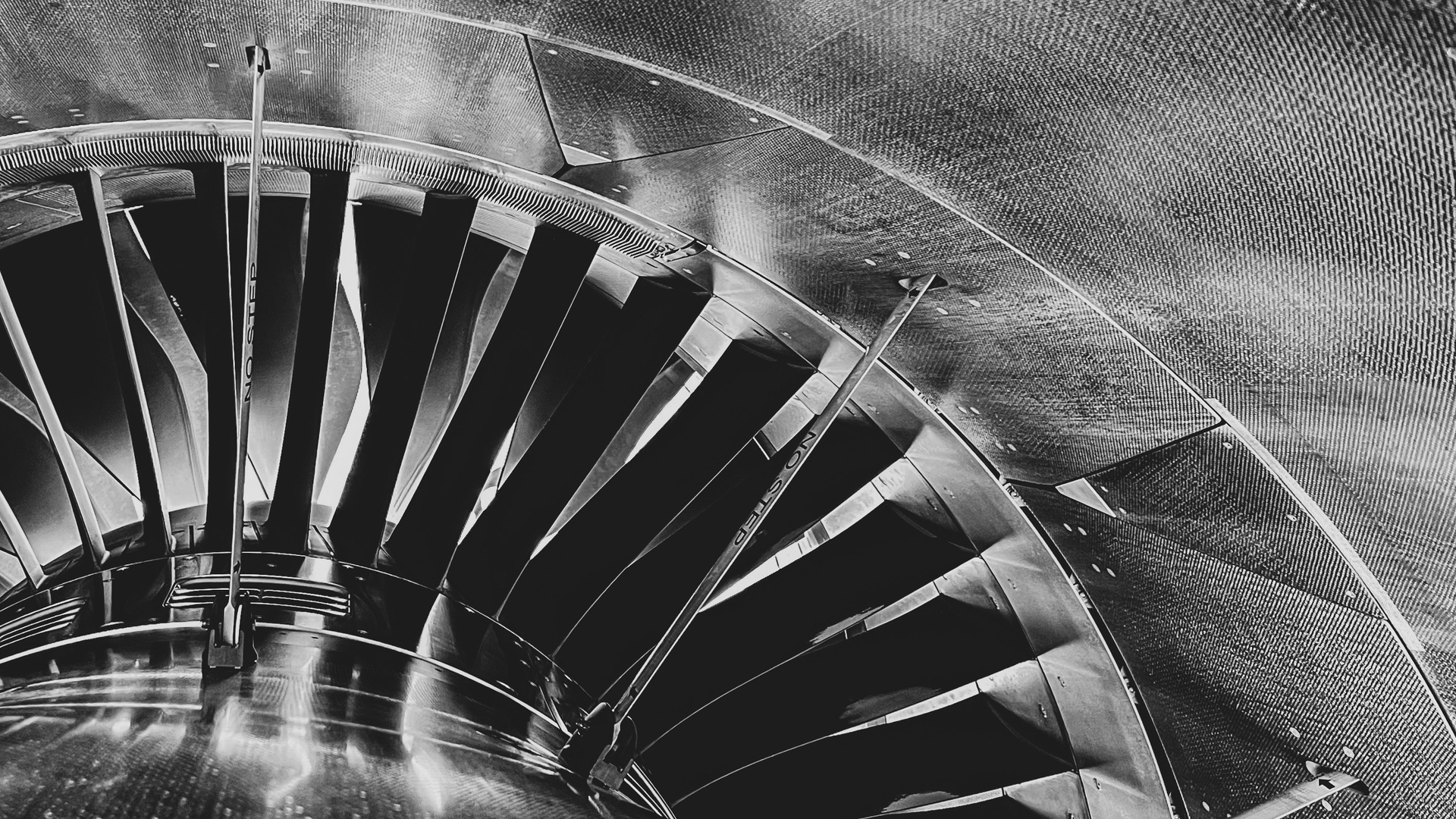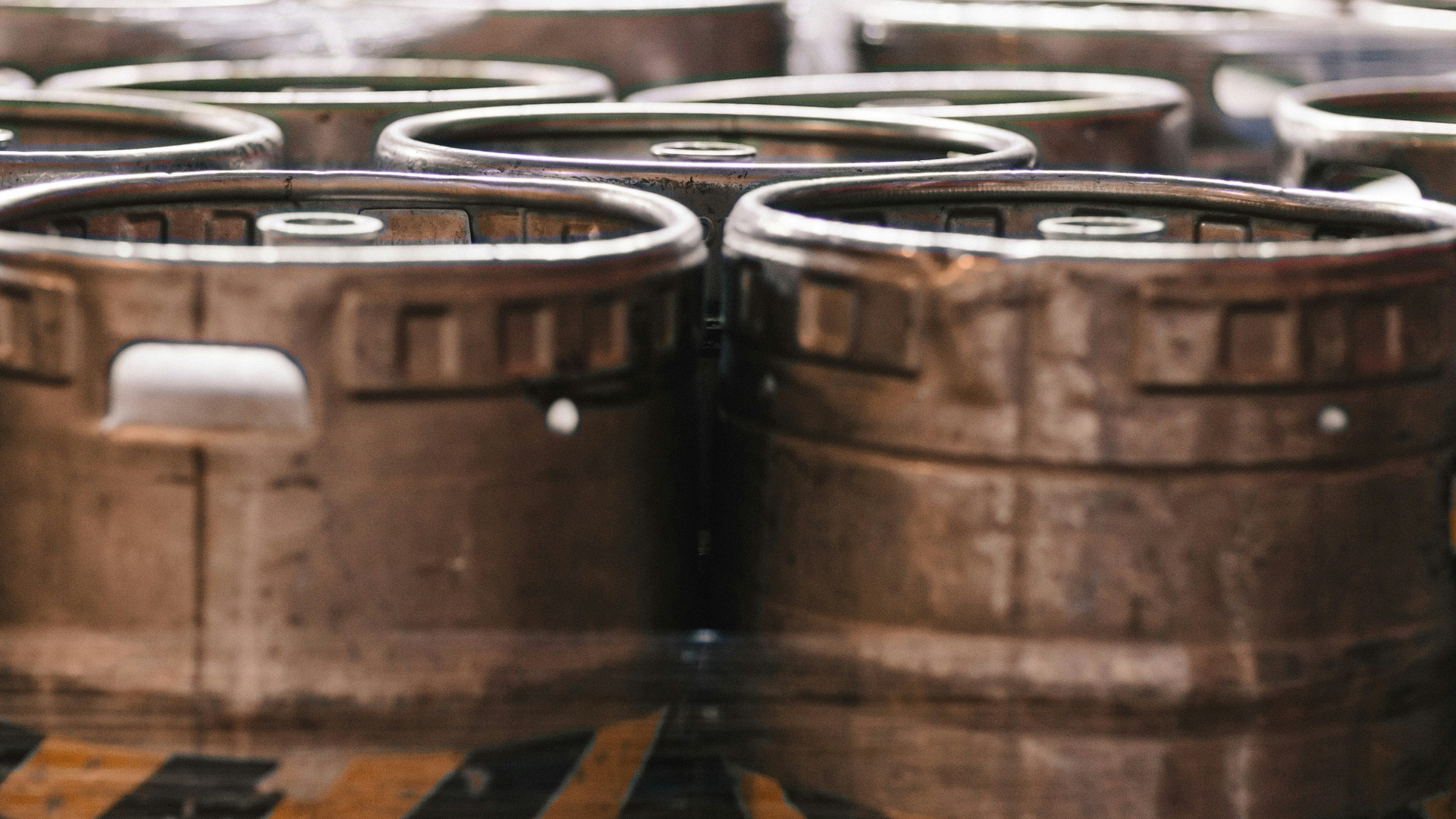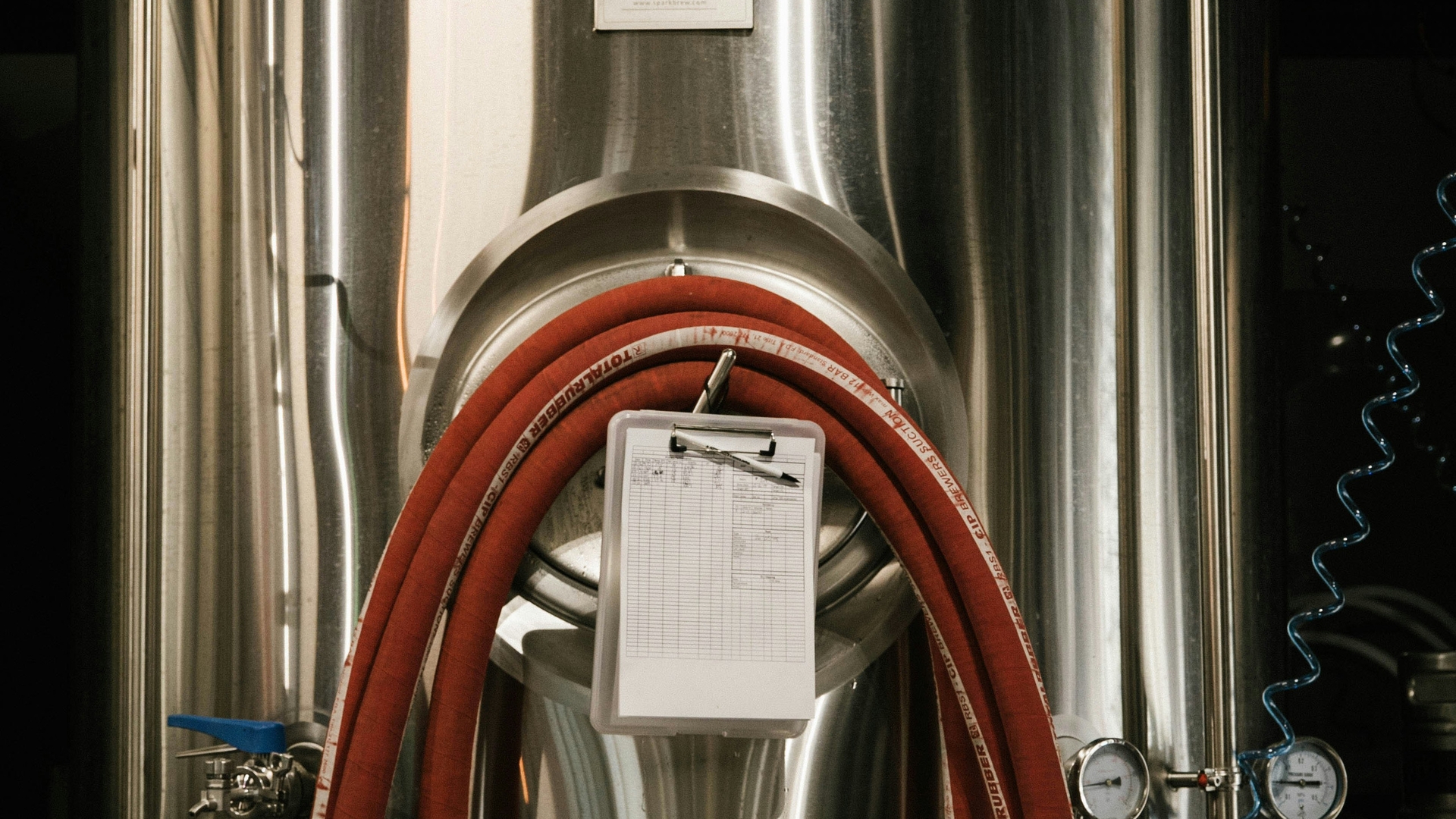A post by
Martin Unverricht
Power Service Consulting GmbH

For breweries, the focus is not only on first-class beer, but also on optimizing operating costs and environmentally conscious production. Micro gas turbines with jet-stabilized combustion chamber systems can be used as a building block for in-house energy generation.
Released on 08/01/2025
A post by
Martin Unverricht
Power Service Consulting GmbH

Sustainability
A post by Christof Ermert
Read more

Reinigung
A post by Dr. Jürgen Hofmann
Read more

Digitalisation
A post by Gereon Wilhelm Sommer
Read more

Biomass
A post by Maryam Pakheirian
Read more